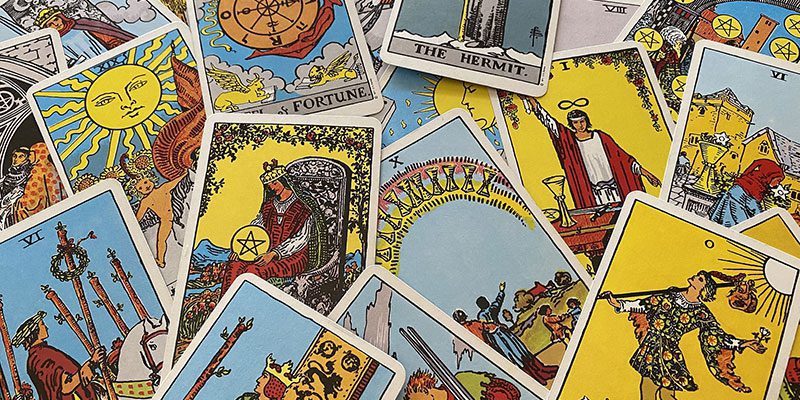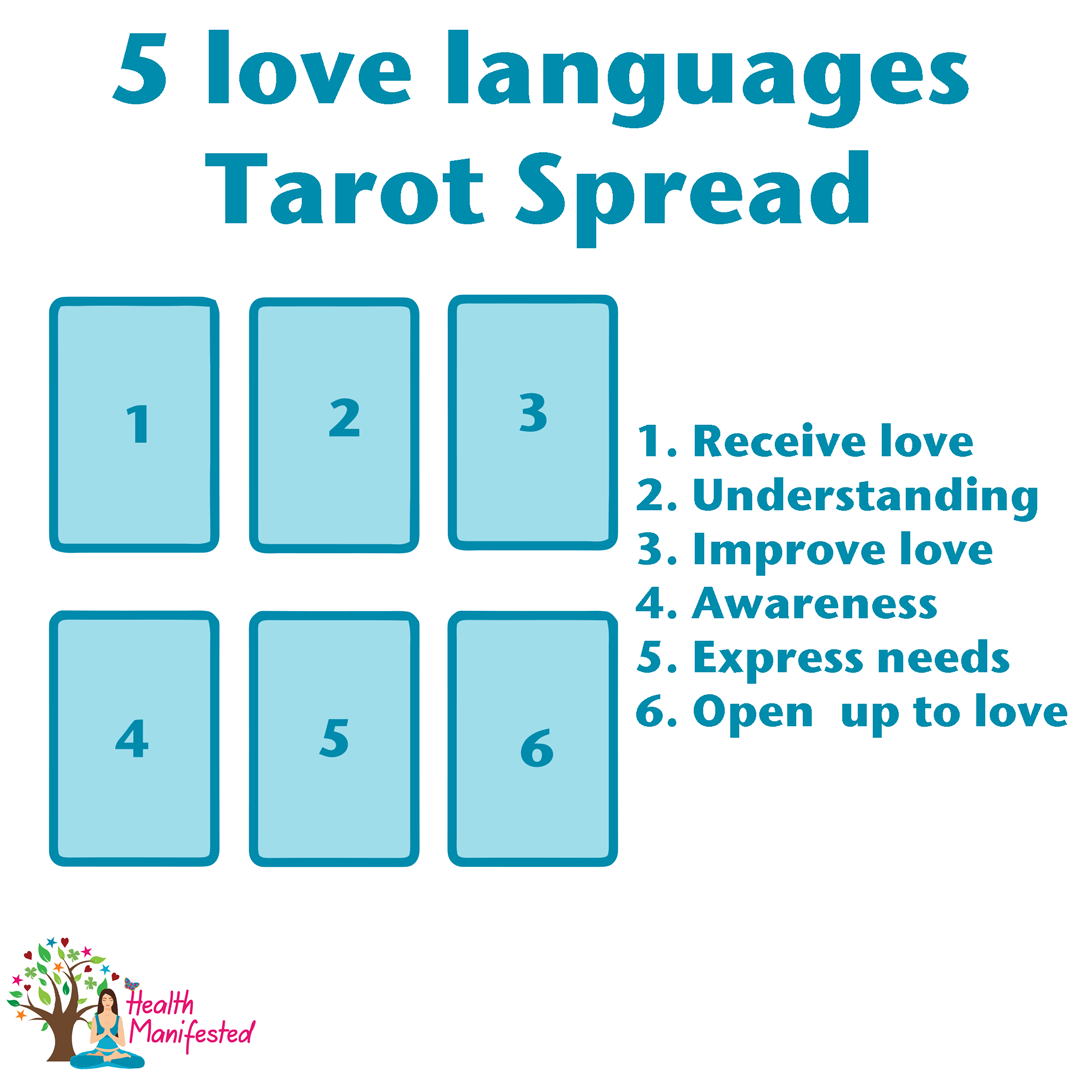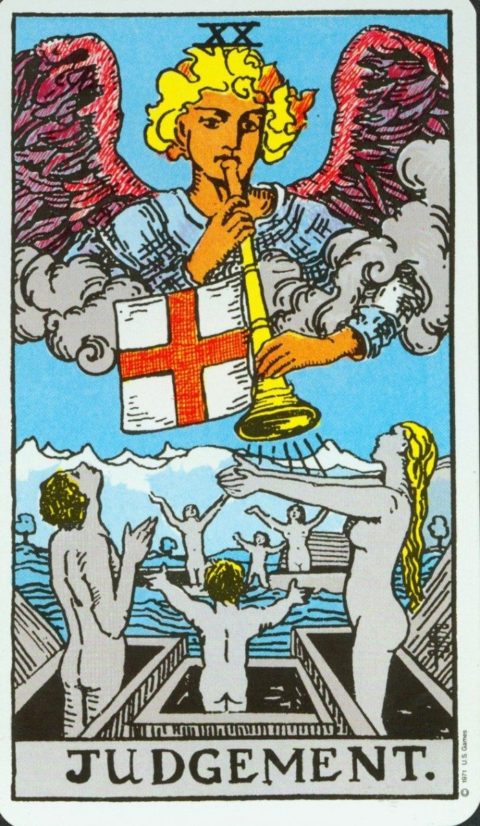
When it comes to choosing the hand to use for palmistry, it is crucial that you make an informed decision. There are four types, each based on the elements that define the Zodiac sign. The lines and shapes of your hand can provide insights into your personality, as well as provide clues to your future.
The shape of your palm is the most important information. Its shape will determine the zodiac sign you were born into. A square palm means you are an earth sign. An extended palm indicates that you are a fire signs. Your palm shape can also be affected by the shape of your fingers. Water hands have a narrower appearance and longer fingers. Water hands are well-known for their creativity and emotional appeal.
Another tip for palmistry involves knowing which finger represents your lucky numerology. It's a sign that you aren't ready to be in a relationship if your palm contains more than one lucky number. You're lucky if your thumb and little finger have the same number of lucky numbers. Your astrological sign can also be determined by your palm.

There are five main lines in a palm. The first line, the heart line, is located at the top of the palm in the center of the hand. Its meaning derives from its length, shape, color, and color. The next line, or the marriage line, begins directly under the little finger. This line is also known by the love line. It is also a good indicator how much you care for your partner.
Your financial health can be measured by your money line. This line runs from the wrist to the middle fingers. A straight line means you have a great investment history. If it isn't, it can be a sign that your money is having trouble. Bad luck with money could also be indicated by this line.
The Mount of Mercury, which is located below the pinky finger, is linked to intelligence and communication. It's also associated with adaptability. The Mount of Apollo, found below the ring fingers, is linked to optimism, creative inclinations and dynamic essence.
The Mars, Mercury, Apollo and Venus mounts represent the following traits: resilience, dynamic essence, artistic inclinations, and creativity. This mount can also indicate a person’s potential for success. Venus and Mercury's mounts are associated also with romance.

The underside of the index finger is the heart line. It indicates the content of one's relationships. It also indicates that a person is a good communicator. This is also the smallest among the five lines.
On the other side, mounts of Mercury, Apollo and Mars indicate a person’s potential success. This mount is also indicative of a person's creativity and artistic inclinations. It is also associated to a ruddy appearance.
The hand of your right hand is your present, and the hand of your left hand your past. When choosing the right hand for palmistry it is a good idea. Consider the dominant hand (left hand), the non-dominant hand (right hand), and the hand that you are considering.
FAQ
What does it cost to have a hobby?
Time is all that's required to make a hobby a success. If you're serious about your hobby, it can take you years to get what you want.
But there is one thing that can help you. It's called passion. If you feel passionate about your chosen field, you'll find it easier to put in the work required to achieve your goals.
After you've put in hours, you might become addicted. And this is where the real fun begins! Because now you are doing something you enjoy, and you are getting better at it all the time. You will likely have seen a significant improvement by the end the year.
Don't fret about how long this takes. Just go ahead and try. You might just surprise yourself!
What are some competitive hobbies?
Competitive sports include running, swimming, cycling, golfing, tennis, etc.
These games are often played by people who enjoy exercise but also offer the opportunity to interact with others.
You'll likely find others who are interested in your hobby if it involves physical activity.
You might consider joining a group or club that meets regularly to play together in sports.
You may also want to play in a team game, where you are playing with others.
These include cricket, football, netball, hockey, netball, soccer, rugby, cricket, rugby, batsball, hockey, volleyball, badminton squash, handball and table tennis.
There are many different types of competition.
Some competitions are only for recreational purposes.
Others are used to assess competitors' abilities.
Others are also designed to reward exceptional performance.
These cases result in prizes for the winners.
Other competitions are designed to test the strength and stamina of competitors.
These are known as endurance events.
For example, marathon races, triathlons, Ironman Triathlon, etc.
Athletes often train hard before competing in these events.
They will follow a strict training program to prepare themselves mentally and physically.
They might also have to travel for preparation.
It is important to remember, not all athletes will compete in every type and event.
Where can you find free resources that teach more about hobbies and interests?
Many websites are dedicated to helping people find new hobbies.
Here are some favorites of ours:
www.trythisathome.com - This site provides a list of over 100 different hobbies. It also offers information on how each one can be started.
www.hobbyfinders.org - This site offers a database of thousands of activities that you can search by interest, skill level, location, and more.
www.indiebazaar.co.uk - IndieBazaar is an online marketplace designed specifically for independent artists and musicians. The site has hundreds of products, from artwork to music equipment.
www.pinterest.com/explore/hobbies - Pinterest is a social media network that lets users "pin" images they find interesting onto their boards. Boards let users organize what they like into particular categories.
www.reddit.com/r/Hobbies: Reddit, another social media platform, allows users to post links to articles and videos. Users can vote on which posts they think are most valuable.
How do I start my new hobby?
To start a new hobby, you must first decide what type of activity you would like to do.
Once you've chosen your subject, you need to be passionate about it.
It's important to understand why you want to start a particular hobby. This will help give you direction and provide a purpose.
Once you have determined what hobby you wish to pursue, you can plan your next steps.
You should think about the equipment you'll need.
Consider whether you need to attend classes or seminars.
Make sure that you have enough space in your home for your hobby.
Consider joining a club, or group. These groups offer support and advice.
Finally, think about how much money you would need to spend on your hobby.
Can I make money by my hobby?
You can make extra money by taking up hobbies.
If you're passionate enough about your hobby, you may decide to sell items related to it.
For example, if you collect stamps, you may want to set up a website selling rare stamps.
This way, you can earn extra income without having to go through the hassle of actually buying and selling the stamps.
You could also create a YouTube channel to talk about your hobby.
This allows you to share your passion with others and potentially generate additional revenue by offering premium content.
What kind of hobbies is best for introverts.
Introverts can focus on only one thing at a given time. They are more comfortable with solitary activities, such reading, writing, music, and watching movies.
They also enjoy spending quiet time alone. They do not like to socialize all day. In fact, they can often be bored when surrounded with people.
This is why introverts often choose hobbies that require them to be alone. You might find them reading books, listening, playing music, taking photos, writing poetry or painting.
Many introverts choose to live alone. This allows them to concentrate on their hobby and not be distracted.
How can I find a hobby?
It can feel overwhelming to start your search for a hobby when you first begin.
You might think, "I'm not very talented," "I struggle at sports," "I don't really know anything."
There is a good chance that you have some experience with hobbies.
It's only that you don't know it yet.
Take a good look at what you have in your house. How many things do you own?
Are there any toys that you don't use anymore?
You might have a collection.
Perhaps you have always wanted to be a chef.
Perhaps you just want to pick up the guitar again.
Whatever it may be, you can likely turn it into something.
Realize that you have many experiences already.
Once you have done that, you will be able choose a hobby that suits your lifestyle.
Statistics
- 37% Video Games 36% Travel 36% Health and Fitness (quizexpo.com)
- A new survey by Pew Research Center of teens ages 13 to 17 finds that 36% of girls feel tense or nervous about their day every day; 23% of boys say the same. (pewresearch.org)
- The intensity of the dialogue partners' bond at the end of the forty-five-minute vulnerability interaction was rated as closer than the closest relationship in the lives of 30 percent of similar students. (time.com)
- I am 100% biologically a woman (discover.hubpages.com)
- Much of this decline reflects the fact that teens are less likely to work today than in the past; among employed teens, the amount of time spent working is not much different now than it was around 2005. (pewresearch.org)
External Links
How To
How to Learn a Musical Instrument
If you want to learn how to play music, there are many ways to do so. You have the option of going to school, buying a book or taking lessons from someone who plays an instrument. Or, you can watch videos online. These are just a few tips and tricks to help you get started if you're determined to make your own path.
-
Find something that interests and you. Try another instrument if you don't love any of the ones you see. It is difficult to enjoy an instrument if it is not something you are interested in.
-
Be patient. It takes time to learn something new. Do not expect to be able to master every aspect of the subject immediately. Instead, continue to practice each day.
-
You should practice often. Even when you feel tired, continue practicing. This will ensure that you won't forget what you learned.
-
Find a quiet place to practice. The ideal place to practice is one that is quiet and won't be disturbed by anyone else. Be sure to not distract others. Avoid loud music, for example.
-
Have fun. Music should be enjoyed. You should have fun practicing music. You will be motivated to do more if you have fun.
-
Set goals. If you set goals, then you will know exactly how you want to get there. There is no excuse for failure.
-
Keep track of your progress. Notate all of your achievements and failures. This will help you to improve your performance over time.
-
Take breaks. Sometimes you just need to take a break. It is a good idea to take breaks so you can think about everything.
-
Ask questions. Ask questions. They may be willing to help.
-
Learn by listening. Many musicians love to listen to and imitate songs. This helps musicians understand the fundamental concepts of the song.
-
Read books. Reading books will teach you more than watching videos or taking classes. Books often contain information you can't find elsewhere.
-
You can join a band. You'll be more motivated to practice when you are playing with others. You will also meet others with similar interests to yours.
-
Take a look at tutorials. Tutorials are short videos that give detailed information on a topic. These videos usually focus on one specific aspect of the instrument. Tutorials can help you understand complex parts of your instrument.
-
Different methods are possible. Some people learn best by reading, while others prefer lectures. Try different methods until you find the one that works for you.
-
Practice makes perfect. Nobody becomes an expert overnight. It takes a lot of work to be able to perform well.
-
Learn from other musicians. Listening to your fellow musicians perform their favourite songs can help you learn quicker.